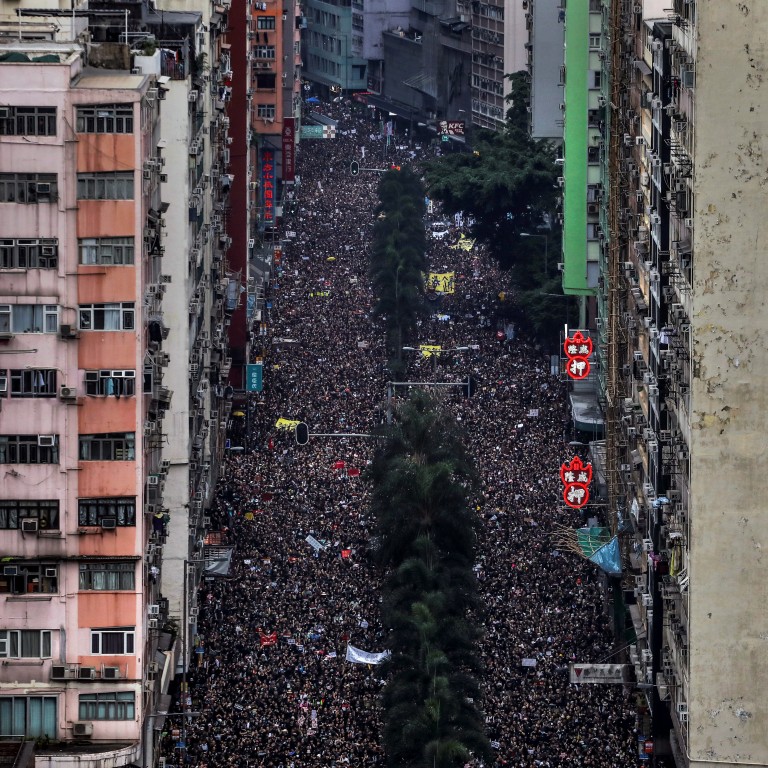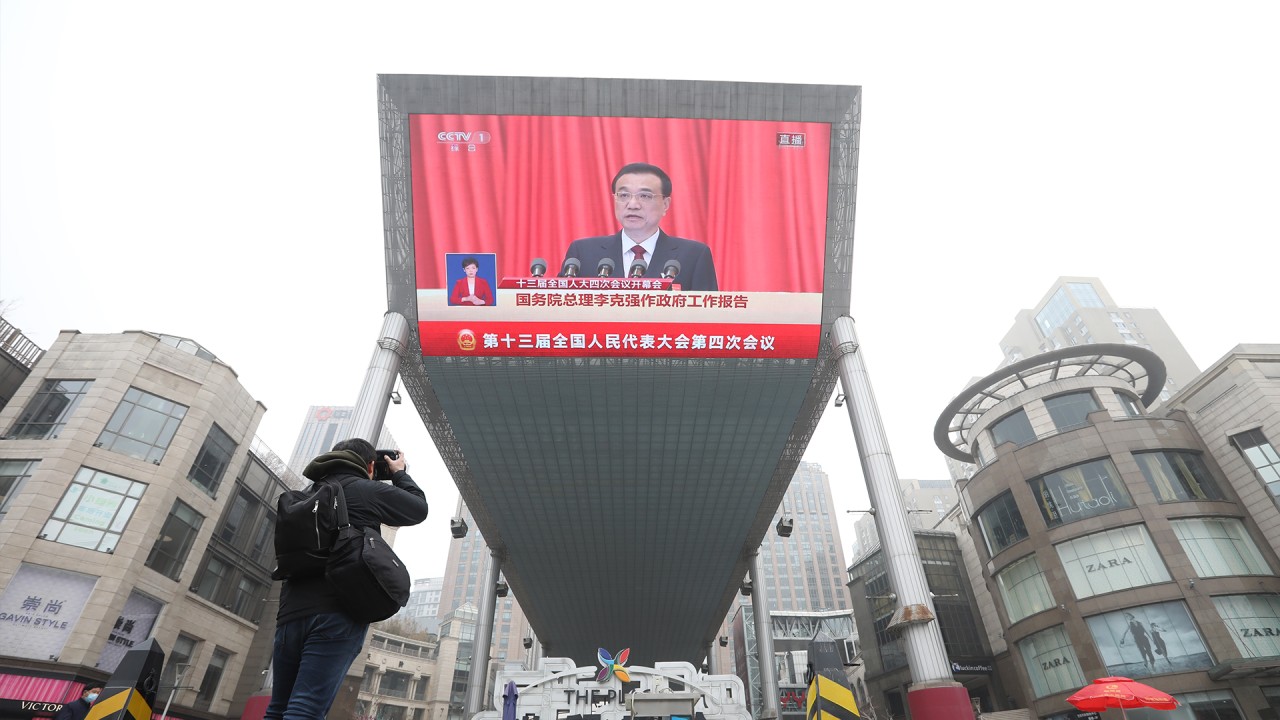
Letters | What Hong Kong’s electoral overhaul will mean for the city
- How will the two million people who peacefully protested in June 2019 be represented under the new system?
The changes proposed to our Hong Kong electoral system are extraordinary.
Assuming you get this far, you can then stand, but only for less than one-third of the seats in Legco, down from the current 40 out of 70, in other words a reduction in influence of about a half. That, apparently, is an “improvement” and consistent with gradual “progress” towards full universal suffrage as set out in Basic Law.
This reduction in influence is to close a loophole, the loophole presumably being that you might actually win a vote in Legco. While in Legco, you will be constantly vetted to ensure you continue to be a patriot, so will probably have to vote with the government otherwise you’ll get thrown out or prosecuted for not being a patriot any more.
If you need to get nominated by your opponents, and your vote won’t count for anything anyway even if your voting record is considered loyal, then why bother trying to get elected in the first place?
The Hong Kong of the future looks a lot like Macau
When you severely restrict the range of views that will be listened to, the outcome will be like having 90 tone-deaf Carrie Lams – ask any corporation about how diversity of opinion improves decision-making and you will see why these changes are so dangerous for Hong Kong.
They will lead to a collapse in the standards of governance (why bother governing properly if you’re going to win an election anyway?) and an increase in cronyism, populism and corruption. All these proposals will do is stoke the resentments that are still boiling away and will, at some point, just explode again.
Lee Faulkner, Lamma


